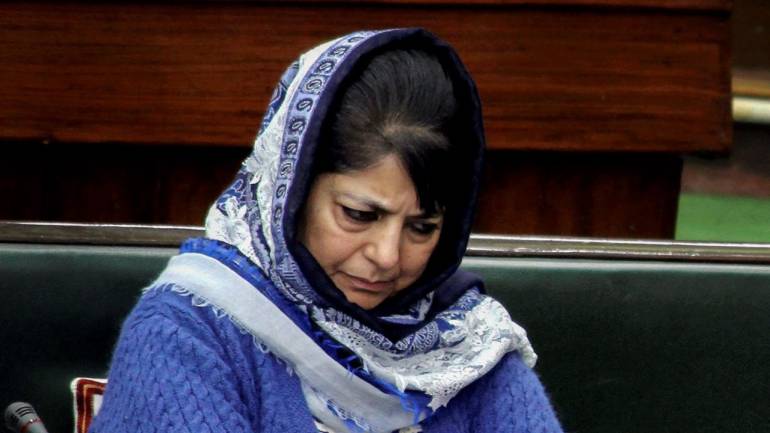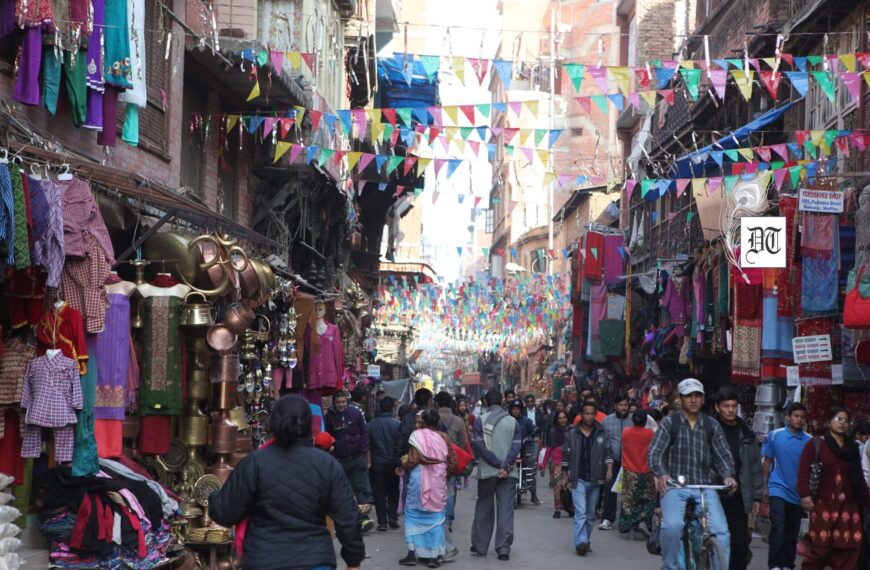With Mufti now handing over her resignation and no other contender for government formation, Governor’s rule was inevitable in the state. While this may help step up security operations, the nature of militancy has changed in last few years with nationalism being replaced by a growing Islamist identity. A report, for Different Truths.
Last week, Jammu and Kashmir have been placed under Governor’s rule for a record 8th time. On March 25, 1977, for the first time, Governor’s rule was imposed on the state after the Congress withdrew support to Sheikh Abdulla’s National Conference government, which came to power following an accord with Indira Gandhi in 1975; Abdulla returned to power after polls. Governor’s rule lasted for 105 days after which Sheikh returned to power. The longest period J&K was put under governor’s rule—three years—was on January 19, 1990. The rule started after Farooq Abdullah resigned over the appointment of Jagmohan as governor, during a spike in militancy. National Conference was returned to power after 1996 polls.
What was the experience of Governor’s rule? Kashmir specialists say the repeated governor rules were not happy event even though law and order had improved. The militancy, however, rose steadily though somewhat slowly, during Governor’s rule.
The Present Governor’s rule is altogether for a different reason. The BJP’s decision to exit the ruling alliance with PDP may not be as abrupt as it seems to be. At first sight, it is puzzling that the BJP should pull the plug on a government of which it was proud to be part—this was the first time, after all, that the party had occupied the seat of power in a state that appeared close to it before 2014. The government still had more than two years left for its six-year term. The BJP has said it has become “untenable” for it to continue in partnership as the twin objective of peace and development, was nowhere near being achieved, and lamented the erosion of fundamental rights such as free speech and right to life. That is a poor argument, given that its government at the centre, has decided for the better part of the last three years that the way forward in Kashmir was the muscular force despite entreaties by PDP to open dialogue with stakeholders.
The alliance, which lasted for three years, was marked by contradictions right from the beginning. Nonetheless, the coming together of parties seen as hard-line Hindu nationalist and soft on separatists respectively was touted as both a practical recognition of ground realities and a bid to provide stable government after assembly poll threw up a fractured mandate. But the optimism faded fast after Mufti Mohammed Sayeed’s death, and polarization further deepened.
While BJP favoured a muscular security approach towards militancy and shunned the separatists, PDP wanted a different political approach but was constrained by compulsion of an alliance. Kashmir valley drifted further from Jammu. Fissures really widened with militant Burhan Wan’s funeral, which was followed by a period of daily protests, crippling the normalcy in Kashmir. Things took a different turn for the worse after the Kathua gang rape and murder of a Muslim girl earlier this year where some state BJP leaders were seen to be supporting the accuse. But the last straw was disagreement over continuing Ramzan ceasefire. This was Mufti’s peace initiative but the centre decided to end it citing deteriorating law and order, especially after journalist Shujat Bukhari’ assassination in Srinagar.
With Mufti now handing over her resignation and no other contender for government formation, Governor’s rule was inevitable in the state. While this may help step up security operations, the nature of militancy has changed in last few years with nationalism being replaced by a growing Islamist identity. Plus, there are reports that Pakistan is willing to draw support from terrorists in Kashmir.
Politically, it’s clear that the BJP is looking at the 2019 Lok Sabha elections where it would like to contest on nationalist, pro-Hindu plank. The alliance with PDP simply did not gel with this. It could tell voters that it tried its best in J&K. but needed a bigger mandate to deliver results. And, PDP could try to blame all the government failures on its former ally. It’s possible that J&K assembly polls will be held along with general elections. But a prolonged period of Governor’s rule would be a bad call as the state desperately needs a functional government.
Mufti, who resigned as soon as BJP announced its pull out, and made clear that the party would not form the government with another ally, continues to defend the alliance as one founded with a great vision. Indeed, it was, and briefly, it sparked hope that ideological enemies could work together to bring positive change in J&K. it would be no exaggeration to say that the experiment failed because politics and ideology finally trumped vision and that it has left the state worse, and more communally polarized, than before.
Harihar Swarup
©IPA Service
Photo from the Internet
#





 By
By

